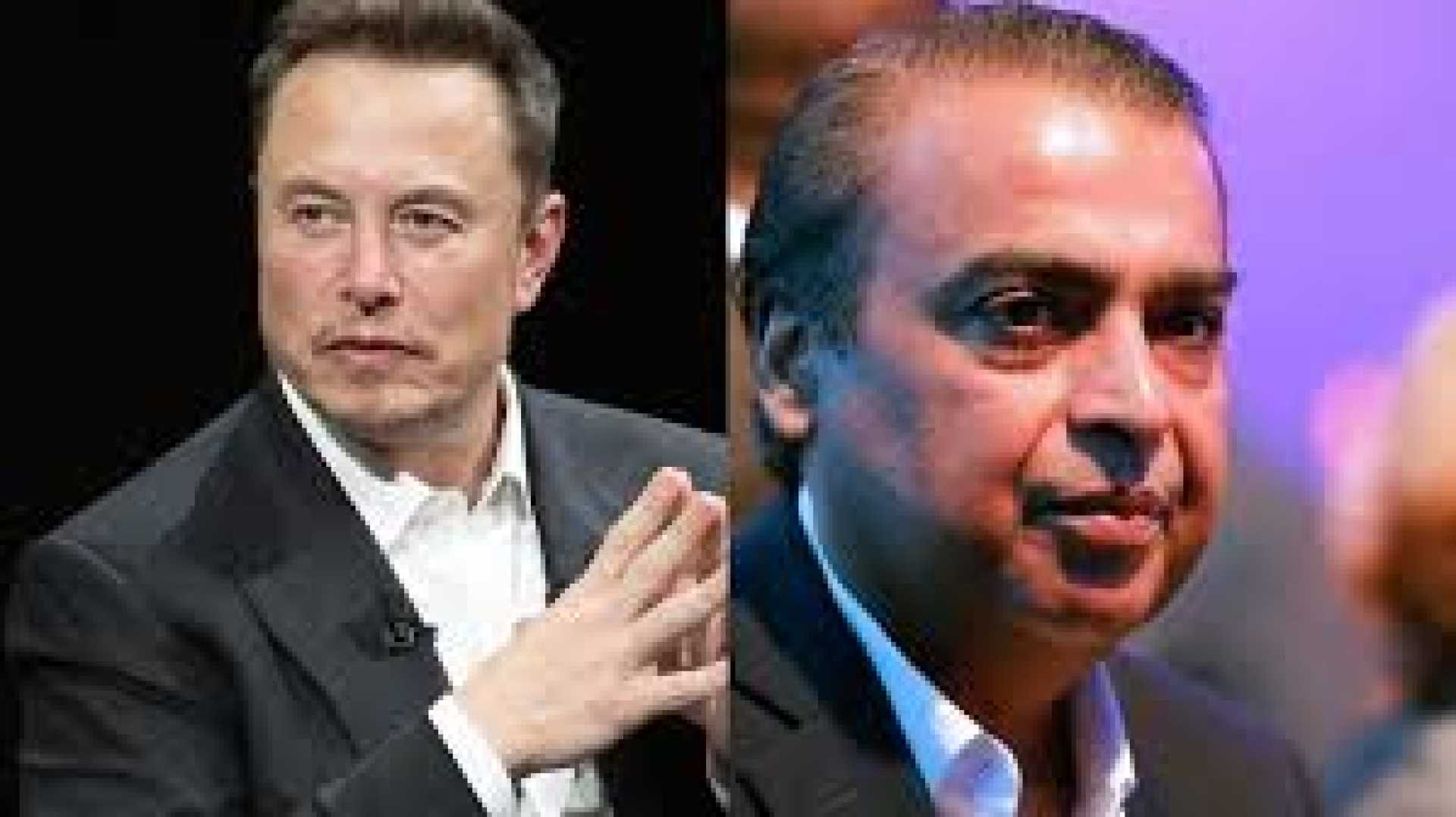News
Spectrum Allocation Battle between Musk and Ambani in India Raises Competition Concerns

The longstanding rivalry between Elon Musk and Mukesh Ambani is poised to intensify as the Indian government announced its decision to allocate spectrum for satellite broadband administratively, rather than through an auction. This move comes shortly after Musk criticized the auction method favored by Ambani, citing it as “unprecedented.”
Elon Musk’s Starlink, a component of SpaceX with 6,400 active satellites aimed at providing low-latency broadband, has faced several regulatory challenges in India but remains keen to enter the market. The administrative allocation of spectrum could dismantle one of these barriers, amplifying the competition with Mukesh Ambani’s telecommunications giant Reliance Jio.
Reliance Jio, India’s largest telecom company, has invested $19 billion in airwave auctions. Industry experts suggest that a spectrum auction would favor existing domestic companies and hinder foreign competitors like Starlink. A source with direct knowledge of Reliance’s concerns noted that losing broadband customers to Starlink could significantly impact Reliance’s market position, with potential future losses in data and voice services as technology evolves.
The government has not yet outlined a specific timeline for when the administrative allocation process will begin. Nevertheless, Starlink has already initiated applications for the necessary permits. Analysts predict the primary battleground between these two billionaires will be pricing, with Starlink potentially offering aggressive pricing strategies.
Reliance, in its existing market strategy, offers a fibre-based broadband plan for approximately $10 per month, commanding a 30% market share. Comparatively, Starlink’s pricing in Kenya was strategically set at $10 per month to match local rates, in contrast to the higher $120 price in the United States.
Starlink aims to launch an unlimited internet data plan in India targeting corporate clients, according to an industry insider. Despite the dominant position of terrestrial networks in India, which some analysts argue will remain less costly than satellite services, Musk continues to advocate for Starlink’s utility in areas lacking high-speed internet access.
India’s telecom sector is vast, with 42 million wired broadband users and 904 million telecom users. The country’s internet penetration rate was 52.4% early in 2024, highlighting significant room for expansion, especially in rural areas where internet connectivity is still limited.
Analysts like Gareth Owen of Counterpoint Research suggest that while Starlink’s arrival might stir initial excitement, terrestrial networks will retain cost advantages, and businesses are unlikely to switch entirely to satellite options. For now, the prospect of Musk’s entry into India’s telecommunications space has reignited the competition with Ambani, as the two billionaires prepare for a potential price war.












